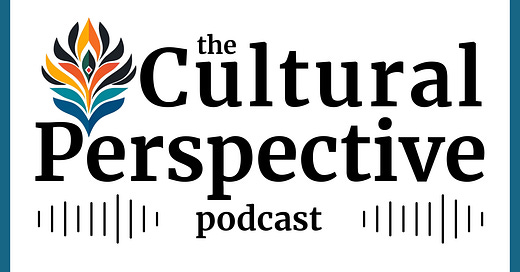At 2 a.m. on a sultry Bangkok night, Dave Price found himself stranded miles from his hotel, his phone dead, standing beside a three-lane highway with no sidewalks. For most Western travelers, this scenario would trigger panic. But Price, experiencing his second venture beyond U.S. borders, made a striking observation: he felt safer lost in Bangkok at night than he would in many American cities in broad daylight.
This moment crystallizes a profound shift happening among American travelers as they confront and shed their cultural preconceptions. Price, a coffee industry professional from the American West, arrived in Bangkok carrying the weight of Western assumptions. "I had actually a little bit of negative connotation about wanting to tell anyone I was coming here," he admits, referencing Bangkok's sensationalized reputation in Western media.
Yet within ten days, these preconceptions dissolved into a more nuanced understanding that challenges conventional American narratives about Southeast Asia. What emerged instead was a portrait of a society that defies Western social paradigms: a culture simultaneously more distant and more deeply helpful than its Western counterparts.
In Bangkok's urban landscape, Price encountered what he describes as a "disconnected" society – one where casual greetings and small talk, staples of American interaction, are notably absent. Yet beneath this surface-level detachment lies a profound willingness to help that manifests in unexpected ways. When Price found himself lost that night, a taxi driver, despite the language barrier, went out of his way to ensure Price's safe return.
This paradox – social distance paired with deep helpfulness – represents a stark departure from American social frameworks, particularly when compared to Price's earlier experiences in Cartagena, Colombia. There, following Western social patterns, where friendliness abounds, but unlike American shallowness, does translate into meaningful relationships.
Perhaps most striking is Bangkok's democratization of quality experiences. Except for an anomalous spike in gym membership prices, Price found himself consistently amazed by the accessibility of excellence. From $2 street food that rivals high-end Western restaurants to $9 hour-long massages, Bangkok offers a striking counterpoint to Western assumptions about the relationship between price and quality.
Dave observes, "I get the Matcha with a little bit of sweetener and, it's like 25 baht... roughly 30, 40 cents. So you can eat really affordably. I've had fried rice with a nice chicken breast and that's been 150 baht. That's two bucks.”
The city's coffee culture particularly challenged Price's professional expectations. Tiny street-side stands equipped with $12,000 espresso machines serve exceptional coffee for pennies on the dollar compared to American prices. This accessibility extends beyond mere cost – it represents a fundamentally different approach to luxury and quality of life, one that prioritizes widespread access over exclusivity.
These experiences point to a larger truth about cultural frameworks: they shape not just how we live, but how we perceive risk, value, and social connection. Price's journey from apprehension to appreciation illustrates how deeply our cultural conditioning influences our worldview – and how traveling beyond these frameworks can fundamentally reshape our understanding of what's possible.
As global tourism rebounds post-pandemic, Price's experience suggests that the greatest value of international travel may lie not in the destinations themselves, but in their ability to challenge our cultural assumptions. In Bangkok's streets, Western travelers find not just a different city, but a different way of conceptualizing safety, social connection, and quality of life.
Perhaps most importantly, Price's experience demonstrates that our cultural frameworks are not immutable. Whether it's feeling safe on a dark Bangkok street or discovering well-prepared food in tiny street stalls, stepping outside our cultural comfort zones can reveal that many of our limitations exist primarily in our culturally conditioned minds.
Somewhere in Bangkok tonight, a tiny coffee stand serves world-class espresso from a $12,000 machine for pocket change. Strangers pass each other silently on crowded streets, yet will go to extraordinary lengths to help someone in need. And travelers like Dave discover that their deepest fears often dissolve in the warm night air of a city that challenges everything they thought they knew about safety, connection, and value.
These aren't just travel stories - they're invitations to question the invisible frameworks that shape our lives. What assumptions do we carry? What possibilities have we dismissed? Perhaps the first step toward a better quality of life isn't changing our circumstances, but changing the cultural lens through which we view them.
Join us at The Cultural Perspective podcast as we explore how different cultures tackle life's universal challenges. You might discover, as Dave did, that some of your limitations exist only in your culturally conditioned mind.







Share this post